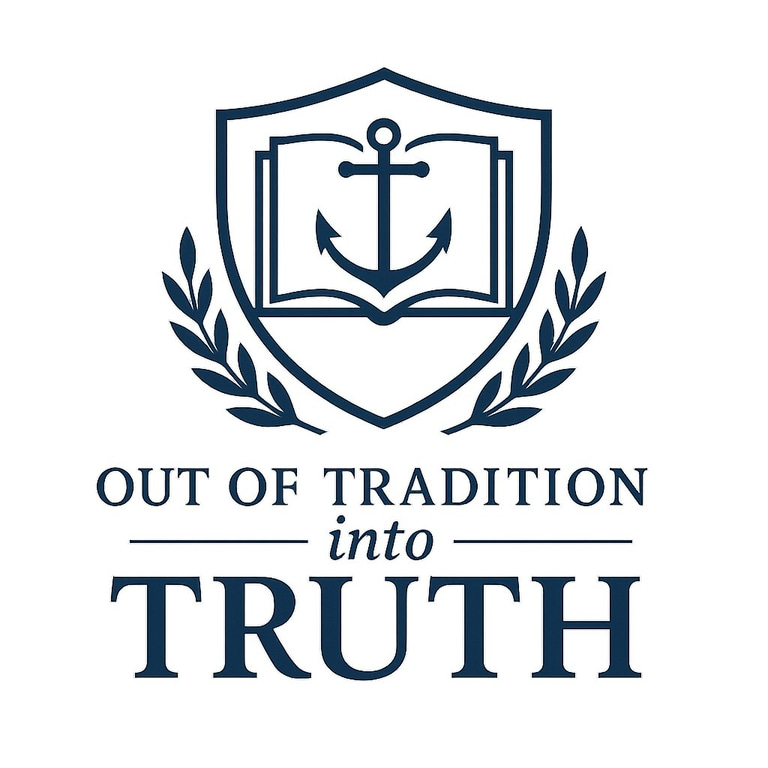When Was Christ Born
(Based solely on the King James Bible and Pauline doctrine)
The Bible never records the exact date of Christ’s birth, but Scripture gives clear evidence that He was not born in December. Careful study shows that His birth most likely occurred in September, during the time of Israel’s fall feasts. The December twenty fifth tradition came centuries later from pagan customs and has no basis in the Word of God. God did not reveal the exact date because the purpose of the incarnation is not to establish a holiday but to reveal the Savior who would die for our sins and rise again.
1. The Shepherds Were in the Fields at Night
Luke chapter two verse eight says, “And there were in the same country shepherds abiding in the field, keeping watch over their flock by night.” This simple statement eliminates the month of December. Winter in Judea is cold and wet, and flocks were not kept in the open fields at that time. Shepherds remained with their sheep at night only during the warmer months, from spring through early fall. The setting of Luke two fits late summer or early autumn, not the middle of winter.
2. The Birth of John the Baptist Provides the Timeline
Luke chapter one verse five says that Zacharias, the father of John the Baptist, was of the course of Abia. First Chronicles chapter twenty four shows that the course of Abia was the eighth in the priestly rotation. Each course served one week beginning in the first month of Israel’s religious year, which corresponds to April on our calendar. The course of Abia would have ministered around mid June. When Zacharias returned home, Elisabeth conceived shortly afterward.
Luke chapter one verse twenty six records that in the sixth month of Elisabeth’s pregnancy the angel Gabriel came to Mary. If Elisabeth conceived in late June, then six months later brings us to late December for the conception of Jesus Christ, not His birth. Counting forward nine months from that time places His birth in September.
3. The Feasts of the Lord Align with This Timing
September corresponds with Israel’s Feast of Trumpets, Day of Atonement, and Feast of Tabernacles. John chapter one verse fourteen says, “And the Word was made flesh, and dwelt among us.” The word dwelt means to tabernacle. It is possible that Christ was born during the Feast of Tabernacles, a celebration of God dwelling with His people. The picture is perfect. The eternal Word became flesh and tabernacled among men. The seventh month of Israel’s calendar, which falls in September or early October, fits both the language and the setting of His birth.
4. The Census Would Not Occur in Winter
Luke chapter two verses one through five records that Joseph and Mary traveled to Bethlehem for the taxing decreed by Caesar Augustus. It would have been unwise to require people to travel during the cold rainy season. Travel was easier during late summer and early fall when the weather was mild. The Roman Empire often held such registrations after the harvest season when people could make the journey without hardship. This again supports a September birth rather than December.
5. December Twenty Fifth Originated in Pagan Tradition
The celebration of Christ’s birth on December twenty fifth began hundreds of years after the apostles. Rome already honored the pagan feasts of Saturnalia and the festival of the Unconquered Sun at the winter solstice. In an effort to merge pagan customs with Christianity, religious leaders chose this date for the supposed birth of Christ. The apostles never mentioned or observed such a day. Their preaching centered on the death and resurrection of Christ, not His birthday. The gospel of salvation is the message that Christ died for our sins, was buried, and rose again the third day.
6. God Hid the Exact Day for a Reason
The absence of a recorded date teaches that God never intended the Body of Christ to celebrate the birth of Jesus as a religious holiday. Paul never spoke of it in any of his epistles. The focus of Pauline truth is the cross, where redemption was accomplished, not the manger where Christ took on flesh. The incarnation is necessary for salvation because God had to become man to die, yet the glory of the gospel is found in the cross and resurrection, not in the season of His birth.
Conclusion
The biblical evidence points to a September birth for the Lord Jesus Christ, not December. The shepherds in the fields, the timeline of John the Baptist’s conception, and the setting of Israel’s fall feasts all point to this season. The December celebration came from man’s tradition, not divine revelation. God hid the exact day so that believers would keep their attention on the reason Christ came, not on the date He was born. The message for the Body of Christ today is not “Christ was born,” but “Christ died for our sins, was buried, and rose again the third day.”
Connect
Stay updated with our latest resources.
Follow
Contact
© 2025. All rights reserved.
